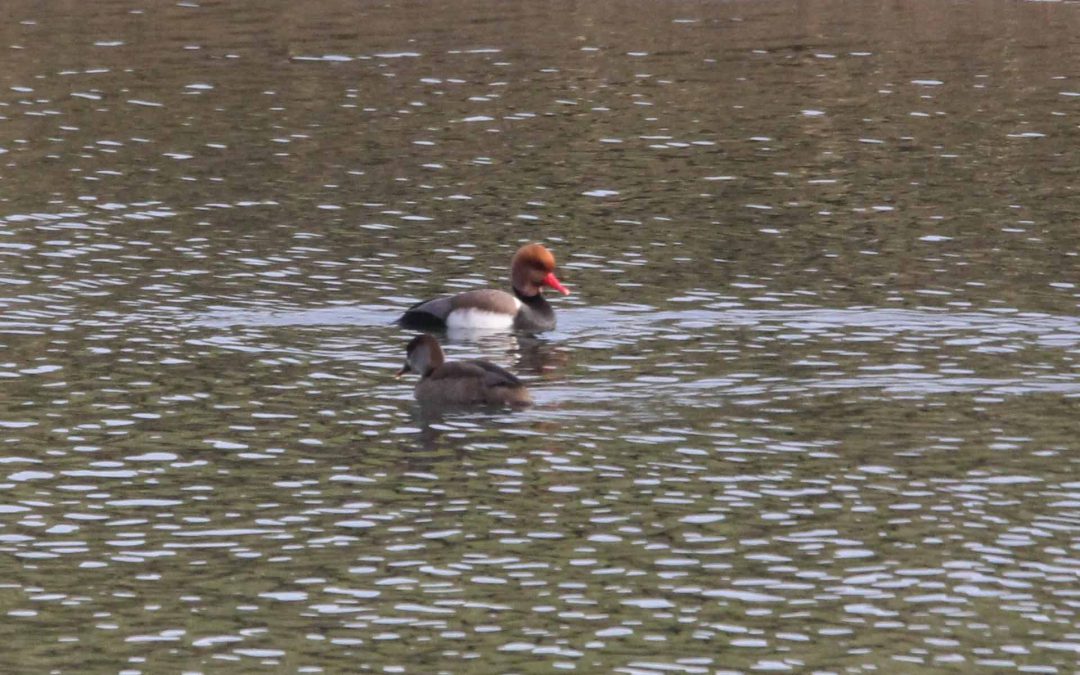Our outing to Nottingham Wildlife Trust’s (NWT) Attenborough Nature Reserve was blessed with what seemed like the first fine days for weeks. Having Tim Sexton to lead us was an added bonus. Tim had worked here for 14 years before taking up his post at Rutland Water NR and so knew the reserve like the back of his hand.
The reserve was purchased by the NWT in 2019 but has been managed as a wildlife site since the 1960’s after a fight to save the area from infill and development.
The flood waters caused by ice melt from the last ice age about 10,000 years ago, formed wet meadows and oxbow lakes, with sand, gravel and organic and mineral deposits, creating different habitats for flora and fauna. Large scale sand and gravel extraction begun in the 1930’s has created deep lagoons and islands which continue to provide habitats of different structures and ages.
Our walk around the reserve, which is 220 hectares, revealed many lagoons edged with woodland and grassy areas providing a variety of habitats. Tim pointed out one wooded area called ‘The Delta Sanctuary’ which is a no-go area for visitors, and which provides a haven for wildlife including otters. We didn’t see any otters, but we did see a good variety of both waterfowl and woodland birds some fungi and for a lucky few, brilliant views of Kingfisher. One highlight was a good sighting of a Willow Emerald Damselfly, this species has been making its way north and west across the country and has an extraordinary life cycle.
Naturally, a city reserve such as Attenborough comes with accompanying problems. Well used by people with dogs, (not always on leads), the reserve was busy but not unduly so and people were out enjoying themselves and surely benefitting from the experience. I am sometimes forgetful of how lucky I am to live in Rutland and to be able to enjoy the relative quietness and benefits of the countryside. Not everyone is so fortunate, so places like Attenborough NR and similar ‘city’ reserves provide a valuable service to the community. Tim recounted a story about when he first started at Attenborough and was leading a group of schoolchildren. The class descended from the coach and one little girl burst into tears. Tim was understandably worried. Was it that her shoes would get muddy? On further questioning the girl replied that she was crying because “it was the first time she had ever seen a swan”. A wonderful outing and a lesson to us all about the importance of ‘City’ reserves.
Thanks to Tim Sexton and all those who made the journey to Nottingham
